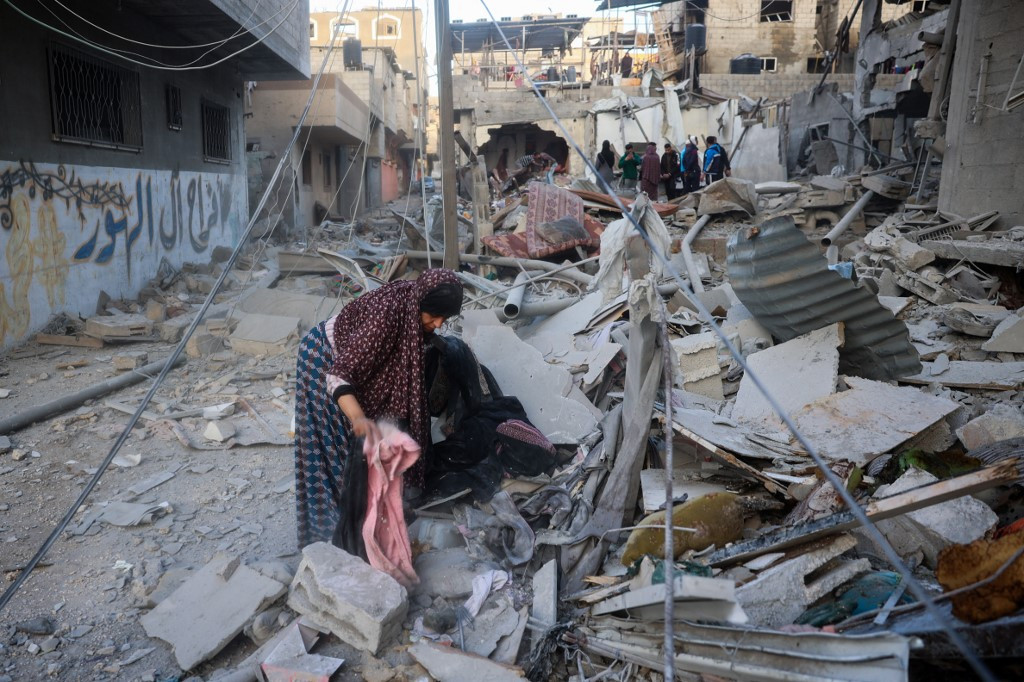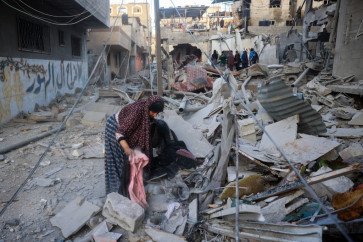Popular Reads
Top Results
Can't find what you're looking for?
View all search resultsPopular Reads
Top Results
Can't find what you're looking for?
View all search resultsSociology cannot be neutral in the face of systemic genocide
The clampdown on free speech at Western universities and some institutions' self-declared "neutrality" as regards the systemic genocide occurring in Gaza reek of complicity in maintaining the status quo; whereas the broader issue at hand is epistemological resistance, specifically sociology's role in either erasing or preserving the Palestinian experience vis-à-vis settler colonialism and modern civilization.
Change text size
Gift Premium Articles
to Anyone
L
ast year, I spoke and wrote that the West had contradicted itself in the notions of objectivity and neutrality. We are seeing the collapse of reason and rationality in the face of savagery in Gaza. Western media and universities have faltered in their role to uphold civilization.
As academic institutions, universities cannot be neutral. Sociologists, historians, scientists and scholars, as well as journalists, cannot be neutral in the name of separating facts from values in the face of evil.
Last year, The Sociological Review Foundation, based in London, published a statement to lend their voice, which included calling on sociologists around the world to unite in finding ways to offer sociological interventions and insights into the issue, in this case “to center the testimonies of Palestinians in those interventions”.
“Silence and ‘neutrality’, as we well know from our scholarship in countless contexts, simply serve to reinforce hegemonies [...] at the same time, we recognize that this is not enough. [...] We can mobilize our sociological imaginations to combat despair and join in solidarity to, in the words of our manifesto, ‘envision radical alternatives’ and work toward ‘the future we wish to see’,” its statement read.
In her introduction to the special section titled Palestine: A Sociological Issue, published in The Sociological Review Vol. 73 (2), 2025, Kirsteen Paton expresses her concern about the role of sociology as a discipline in confronting power, inequality and decolonization.
Yet, sociology’s voice has faltered when faced with the bloody realities of colonial violence and genocide in Gaza. Paton affirms that the discipline’s commitments to decolonization have struggled to transition from the symbolic and passive to active and material confrontation of actual, existing colonialism and systems of power.
There is a complicity in the silence of Western institutions, meaning governments and universities. We are witnessing the suppression of academic freedom and free speech at universities.



















